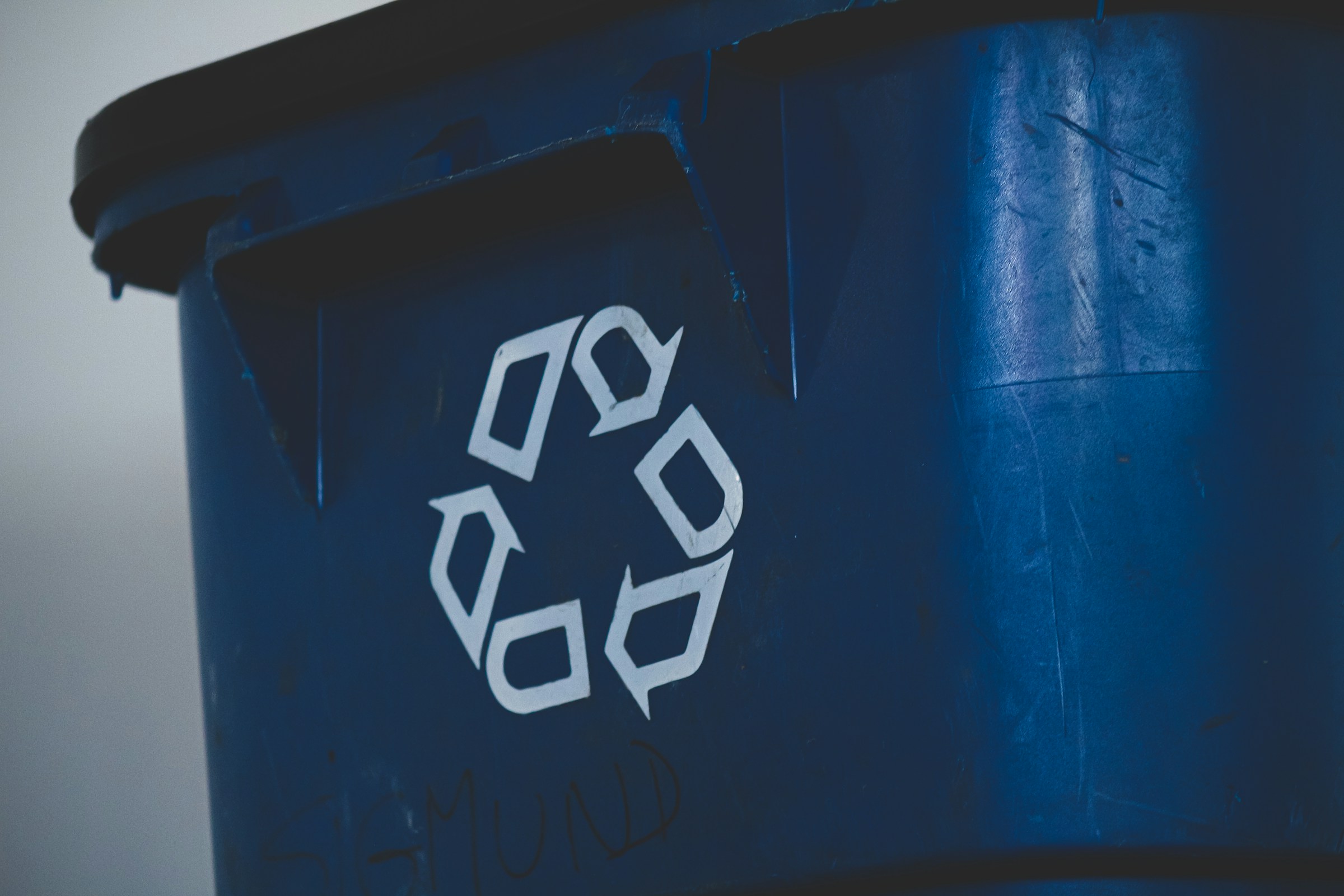
To recycle is an important practice in reducing waste and conserving resources, but its effectiveness varies depending on where you live. In the vast and remote expanses of the Australian outback, such as regional Queensland, recycling may not always be a practical or accessible option.
In this article, we’ll explore the challenges of recycling in the outback and introduce green alternatives to traditional recycling methods.
Challenges to Recycle in the Outback
Geographic Isolation
Regional Queensland, like many outback areas, often lacks the infrastructure for efficient waste collection and recycling. The sheer distance between remote communities and recycling facilities can make transportation costs prohibitive.
Limited Recycling Facilities
In many outback areas, recycling facilities are scarce or nonexistent. Residents may need to travel long distances to access recycling centres, which is neither convenient nor sustainable, especially for those living in remote communities.
Lack of Awareness
Recycling initiatives often rely on public awareness and participation. In regions where recycling is not readily accessible or promoted, residents may not be aware of its importance or the benefits it can bring.
Limited Market Demand
Recycled materials require a market to be economically viable. In some outback areas, the low population density and limited industries may result in a lack of demand for recycled materials, discouraging recycling efforts.
Harsh Environmental Conditions
The harsh climate of the outback, characterised by extreme heat and arid conditions, can pose challenges for recycling infrastructure. Equipment may wear out faster, and material degradation may occur more rapidly.
Exhibit A: Longreach, Queensland
In September 2023, ABC Western Queensland looked at the central QLD town of Longreach as a highlight on issues regional Australians faced when it came to recycling. Resident Patsy Worland joined the Containers for Change recycling initiative in 2019 and opened a local branch right in the town, which has become a focal point for recyclable materials sent by even out-of-town residents; a few of them come over from Birdsville, which is eight hours’ drive from near the QLD-SA frontier.
The problem was with so many recyclable materials being deposited at the centre, it does not have its own recycling facility. Collection trucks only came by Longreach to pick up the items no more than twice a week, and there’s not enough cargo space to bring everything. As a result, many recyclable items ended up at the landfill.
“The biggest impediment is our distance from a big centre. Recycling would be an exorbitant cost to establish,” cited Longreach Deputy Mayor Leonie Nunn. The closest recycling centres to Longreach are Rockhampton for glass bottles and certain facilities in NSW and Victoria for plastic bottles.
Green Alternatives to Traditional Recycling
While traditional recycling may face hurdles in the outback, there are several green alternatives and sustainable practices that residents and communities can adopt to minimise waste and reduce their environmental footprint:
Composting
Composting is an effective way to manage organic waste, such as food scraps and yard debris. In the outback, where gardening is often practised for self-sufficiency, composting can enrich the soil and reduce the need for chemical fertilisers.
Upcycling and Repurposing
Instead of discarding items, consider upcycling or repurposing them. Old furniture, containers, and even clothing can find new life through creative projects. This not only reduces waste but also adds a personal touch to your living space.
Reducing Single-Use Items
Minimise the use of single-use items, such as plastic cutlery, straws, and bags. Opt for reusable alternatives made from sustainable materials like bamboo or stainless steel.
Bartering and Swapping
In remote communities, bartering and swapping goods and services can be an effective way to reduce waste. This practice encourages the reuse of items while fostering a sense of community.
Local Food Production
Support local food production and agriculture by buying from farmers’ markets or participating in community-supported agriculture (CSA) programmes. These practices reduce the environmental impact of transporting food long distances.
Educational Initiatives
Raise awareness about sustainable practices and their benefits within your community. Consider organising workshops or information sessions on topics like composting, upcycling, and waste reduction.
Resource Recovery Centres
Explore the possibility of establishing resource recovery centres in remote communities. These centres can serve as collection points for recyclable materials, making it easier for residents to participate in recycling efforts.
Community Clean-Ups
Organise community clean-up events to collect and properly dispose of waste, including items that can be recycled. This not only enhances the local environment but also promotes a sense of shared responsibility.
Solar and Wind Power
Harness renewable energy sources like solar and wind power to reduce reliance on fossil fuels in remote areas. This not only benefits the environment but also reduces energy costs for residents.
Water Conservation
Given the arid conditions in many outback regions, water conservation is crucial. Install rainwater harvesting systems and adopt water-efficient practices to reduce water wastage.
Conclusion
Recycling may not always be a viable option in the vast and remote regions of the Australian outback, including regional Queensland, due to logistical, economic, and environmental challenges. However, this should not discourage residents and communities from embracing sustainable practices that minimise waste and promote eco-friendliness.
Green alternatives, such as composting, upcycling, and reducing single-use items, can significantly reduce the environmental impact of waste generation. Additionally, initiatives like resource recovery centres and community clean-up events can help bridge the gap between remote communities and recycling facilities.
By adopting these green alternatives and fostering a culture of environmental responsibility, residents of the outback can make a positive impact on their surroundings and contribute to a more sustainable future, even in the absence of traditional recycling options.
DISCLAIMER: This article is for informational purposes only. QUICKLE has no working relationships with any recycling initiative or regional Australian town.
